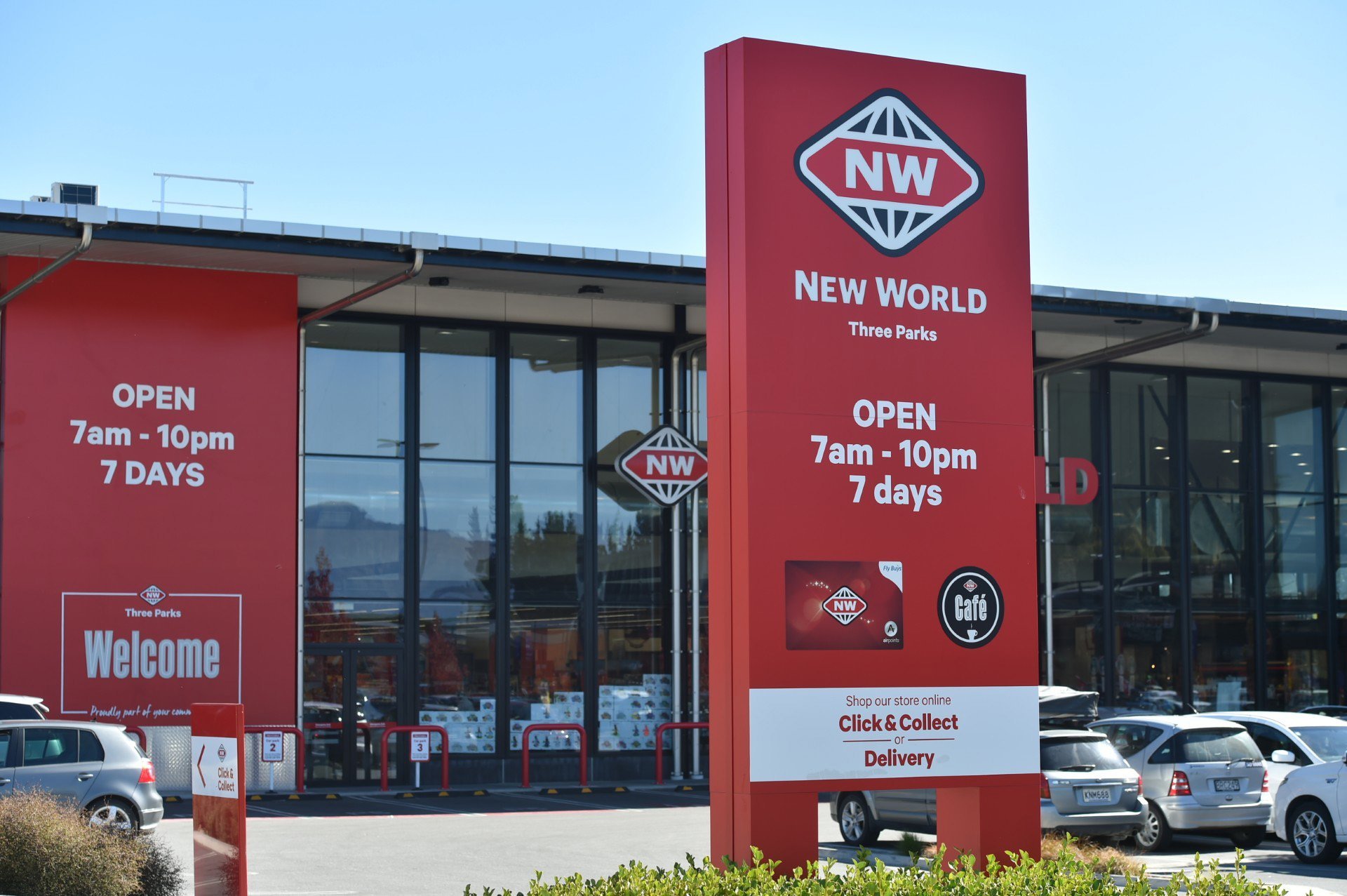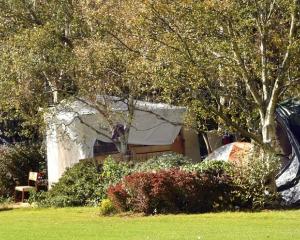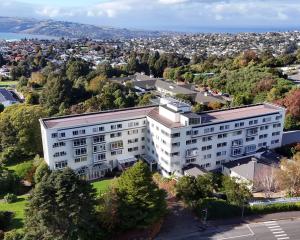
Easter trading thin end of the wedge
No surprise to see an Act New Zealand MP jumping in to support New World's illegal trading in Wānaka over the Easter weekend.
The party of the greedy, dismissers of the needy. The legacy of Douglas, Prebble and Quigley has changed New Zealand forever from a family friendly country that looked after its citizens and attracted good people from all over the world to live and work here. Now we struggle to put food on the table thanks to exorbitant supermarket prices: do we really need to add to that profit on Good Friday and Easter Sunday?
Mr Stephenson concludes his statement by saying that people want to enjoy their Easter break. Dead right there. We don't need supermarkets 365 days of the year. We need everyone to have a break and maybe think about how things used to be.
Easter is the thin end of the wedge. Get that sorted for the greedy and Christmas is next. The fines for trading are pathetic but upping them probably won't bother the big players; they will make a killing anyway.
When will it be over?
"When will Good Friday be over so that we may sell food; and Easter Sunday, so that we may offer provisions for sale?" (ODT 1.4.24) Apologies to Amos.
Deja vu all over again
Exactly three years ago I wrote a letter to the editor, lamenting the number of logging trucks on our roads, in which I finished up writing: "I strongly recommend that our various agencies should be fast-tracking the development of two inland ports, one south at Milburn, and one north at Palmerston. At these two locations, bulk freight such as logs should be transferred from road to rail, and transported by trains to our port facilities. This development will eliminate thousands of truck movements over hilly terrain and on through our congested city."
Hence I was dismayed to read on the front page (ODT 28.3.24) that three years have been squandered by the authorities exploring and investing in the fundamentally flawed idea of developing an inland port near Dukes Rd, bordering Mosgiel. Has the simple question of cause and effect not been asked?
Where does the majority of road freight come from? The answers are quick and simple, namely: converging just south of Milton from South Otago, Southland, and Central Otago. On the northern side of Dunedin, freight converges at Palmerston, from North Otago, and Central Otago.
To the authorities concerned, please do not expend another three years realising this simple fact, and fast-track the planning and investment required to establish two inland ports at the logical locations.
Strange alignments
As an atheist of longstanding I never thought I’d find myself aligned to the Destiny Church. But here we are together at last on the same wavelength thinking, who on earth gave permission to paint black and white pedestrian crossing with pretty colours? Crossings are for safety.

Lake health decline demands status change
I agree completely with emeritus professor Dame Carolyn Burns’ concerns about the declining health of Lake Wakatipu and the need for it to be declared a "lake of national importance" (ODT 1.4.24).
However, the health of all three of Otago’s large deep lakes is declining.
The wellbeing of the communities living beside and enjoying Lakes Wakatipu, Wānaka and Hāwea depends on these lakes retaining low nutrient levels, moderate chlorophyll, high transparency, appealing colour, stable acidity, low coliform bacterial counts, low numbers of pathogens, no toxins, no microplastics, stable ecosystem function, and healthy biodiversity. The lakes should be free of invasive non-indigenous plants and animals but we know that this has not been the case for many decades and is not likely to be in future. Pest elimination may not be possible but careful management can provide some species control.
An absence of a process to provide evidence-based management puts all three lakes at risk.
Address Letters to the Editor to: Otago Daily Times, PO Box 517, 52-56 Lower Stuart St, Dunedin. Email: editor@odt.co.nz












